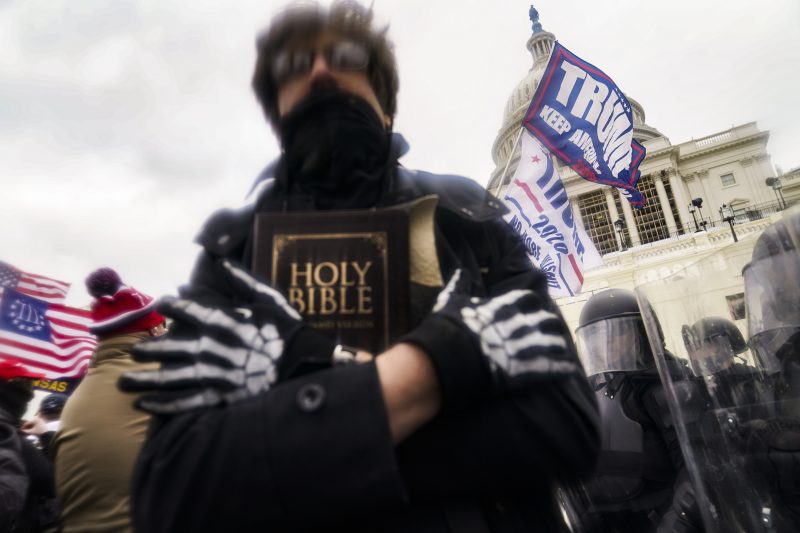In recent times, amidst the ongoing political and social unrest in the United States, former President Donald Trump has often been criticized for what many believe are his implicit calls for violence and disruptive behavior. From his tenure in the White House to his post-presidency period, Trump’s remarks and actions have raised concerns about the impact of his rhetoric on America’s social fabric.
One of the key criticisms directed at Trump is his use of inflammatory language and divisive rhetoric. Critics argue that Trump’s frequent references to violence, unrest, and lawlessness have the potential to incite his supporters to act in ways that may be damaging to social cohesion. This raises questions about the responsibility of public figures in shaping the discourse around contentious issues and the potential consequences of irresponsible speech.
Moreover, Trump’s repeated claims of election fraud and his refusal to accept the outcome of the 2020 presidential election have been viewed as a dangerous escalation of his rhetoric. By casting doubt on the legitimacy of the democratic process, Trump has sown seeds of doubt and mistrust among his supporters, leading to fears of possible civil unrest and violence.
The power of language and the influence of public figures in shaping public opinion cannot be understated. Words have the ability to inspire and incite, to unite and divide. In a polarized society, where tensions are running high, the need for responsible and measured discourse becomes even more critical. Leaders, especially those holding positions of authority, have a duty to lead by example and promote a message of unity and peace.
It is essential for society at large to remain vigilant and discerning when consuming information from public figures. The ability to critically analyze and question the messages being disseminated is crucial in safeguarding against manipulation and division. By fostering a culture of civil discourse and respect for differing viewpoints, we can work towards a more harmonious and inclusive society.
In conclusion, the impact of Trump’s language and rhetoric on societal unrest and violence cannot be ignored. His words have the power to shape attitudes and behaviors, and as such, it is imperative for leaders to exercise caution and responsibility in their public communications. By promoting a message of unity and understanding, we can strive towards a more cohesive and peaceful society for all.
